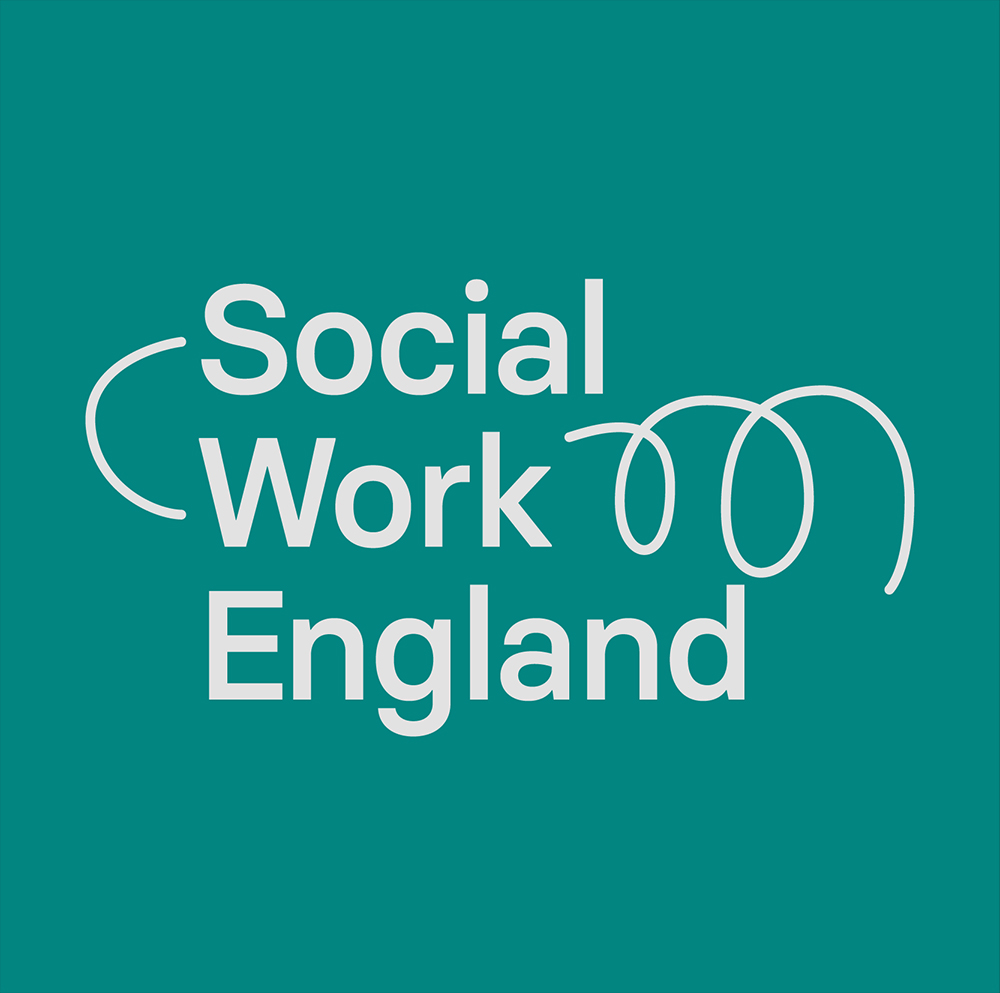Social Care Needs Assessments and Reviews
What is a Social Care Needs Assessment?
A Social Care Needs Assessment is an assessment of a person’s care needs to identifying what type of care they need and where it should be provided (usually either a care home or in their own home). Social Care Needs Assessments are usually completed by local authorities (social services) because they have a statutory duty to assess a person’s care needs where it appears one is required. Sometimes people don’t involve the local authority in their care because they pay for their own care (sometimes called self-funding). Other times people disagree with an assessment completed by the local authority and would like a second opinion.
Care management service for people who pay for their own care
A Social Care Needs Assessment, support plan and finding the right care is usually referred to as care planning or care management. We are expert assessors and can assess you or your client’s social care needs, write a support plan (which details how the person’s social care needs should be met), and help find the right care. We offer a complete service which includes regular reviews with your care provider and resolving any concerns that you might have. If you’ve been told by someone else (maybe a family member, deputy, attorney or local authority) that you have to move into a care home, we can explore whether it is possible to stay living at home, particularly if you or your family disagree with the decision.
As part of the care planning process, we can also assess whether a person might qualify for Continuing Healthcare (CHC) funding, whereby the NHS pay their care fees if the majority of their care is addressing a healthcare need.
We can also help you find homecare assistants, support workers, live-in carers and personal assistants if you pay for your own care or receive direct payments from a local authority.
Care assessment and review service for local authorities
Because we adopt a professional, unbiased approach to our care assessments and reviews, we are trusted by local authorities to complete Care Needs Assessments and reviews on their behalf. It is paramount to the provision of quality services that local authorities assess and review people’s care needs in a timely fashion. However, in July 2020 nearly 7000 people had waited more than six months to receive a Care Needs Assessment from their local authority which is too long to wait. If you represent a local authority and would like to discuss how we can help you with your care assessments and reviews, please email hello@simplysocialwork.co.uk.
Social Care Needs Assessments for Adults and Children
We can be instructed to complete Social Care Needs Assessment for adults or children. When assessing adults, we use the Care Act 2014 as an assessment framework. The Care Act provides a framework under which local authorities assess social care needs. They use this framework to assess a person’s care and support needs and following the assessment, they identify which services a person is eligible to receive. The assessment must be person-centred throughout, involving the person and supporting them to have choice and control. Our Care Needs Assessments are person-centred and involve the person and their support networks to complete a thorough assessment.
Being independent of any local authorities, we can be instructed to complete Social Care Needs Assessments and do so for a variety of reasons. This may be a second opinion assessment if there is disagreement with one completed by a local authority, or refusal by a local authority to complete an assessment because the person does not appear to have a need for care and support. We can be instructed by individuals, their representatives or solicitors. We can also be instructed by local authorities who would like a Care Need Assessment completed by an independent, registered Social Worker.
If the Care Assessment is for an adult with a suspected or diagnosed acquired brain injury, as part of our assessment, we can complete a Brain Injury Needs Indicator (BINI). The BINI is a tool that was developed by The Disabilities Trust at the request of the Department of Health and Social Care. The BINI assists with the identification of deficits of people who have a suspected or diagnosis of a brain injury who may require adult social care and support. It is an important tool because where there is frontal lobe damage, the person may not be aware of their needs and research has found that a person’s functional skills may not coincide with their own account of their needs. As well as interviewing the person, the BINI encourages professionals to gain the views of other professionals and other networks of support.
If a child is approaching the age of 18 and it appears that they are going to require care and support when they are 18, the local authority must assess their care needs if they consent or it would be in their best interests. The local authority must also be satisfied that the assessment would be of significant benefit to the child. If the child does not consent and they are at risk or experiencing abuse or neglect, the local authority must undertake a needs assessment regardless. A child’s Care Needs Assessment will explore the likelihood and impact of the child’s needs for care and support after they become 18, the outcomes that the child wishes to achieve in day-to-day life and if so to what extent, the provision of care and support could contribute to the achievement of those outcomes.
Carer Assessments for Adults caring for adults or children
Local authorities must undertake an assessment of a child’s carer’s needs if it appears that the child will require care and support after they become 18 and they believe that it will be of significant benefit to the carer to do so.
A Child’s Carer’s Assessment must include an assessment of whether the carer is able to provide care for the child and is likely to continue to be able to do so after the child becomes 18, whether the carer is willing to do so and is likely to continue to be willing to do so after the child becomes 18, the impact of what the carer’s needs for support are likely to be after the child becomes 18, the outcomes that the carer wishes to achieve in day-to-day life and if so to what extent, the provision of support could contribute to the achievement of those outcomes.
Having worked as Social Workers across children and adult services, we are well placed to be instructed to undertake a Child’s Carer’s Assessment and can be instructed by individuals, local authorities and solicitors.







